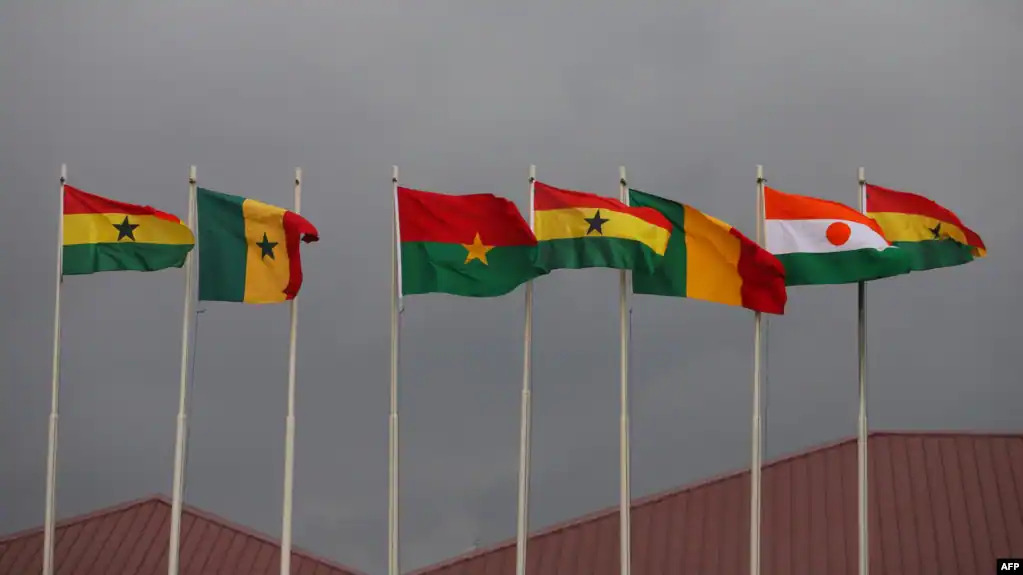Burkina Faso, Mali, and Niger have officially announced their withdrawal from the Economic Community of West African States (ECOWAS), a decision that has elicited diverse reactions.
While this move did not entirely catch observers off guard, it gained momentum following the coup in Niger last July.
Addressing the decision in Ouagadougou on Thursday (Feb. 1st), Burkina Faso’s Prime Minister, Apollinaire Joachim Kyélem de Tambèla, termed it a historic choice made after a meticulous evaluation of the institution and the potential ramifications of withdrawal.
The leaders of these Sahelian nations assert that ECOWAS no longer aligns with the aspirations of their people, necessitating the formation of the Alliance of Sahelian States (AES).
Prime Minister Tambèla criticised ECOWAS for what he perceives as a departure from being a people-centric organisation, transforming into a technocratic entity that falls short of addressing the genuine needs of West African nations. He condemned ECOWAS sanctions against Burkina Faso, Mali, and Niger, accusing the bloc of failing to provide adequate assistance to its member states.
“Instead of embodying the aspirations of the West African peoples, ECOWAS has become a technocratic tool,” stated Prime Minister Tambèla. “We have witnessed ECOWAS’s indifference to the massacres of our people, the humanitarian crises faced by our citizens, and the destabilisation attempts our states have endured.”
Burkina Faso has formally notified the 15-nation bloc of its decision, and AES countries are urging their populations to mobilise in support of this significant move in the days ahead.
The withdrawal underscores a shift in regional dynamics and a reevaluation of the effectiveness of existing West African alliances.



